Hello and welcome to Eye on AI. In this edition: Jeff Bezos calls AI a ‘bubble’ of a kind…Anthropic’s Claude Sonnet 4.5 shows an alarming self-awareness…Microsoft demonstrates an AI-powered bioterrorism “zero day”…and is the U.S. economy now just “one big bet on AI”?
I want to tie together two big pieces of news from yesterday that, at first, might not seem related, other than that they both involve OpenAI.
The first was the announcement of a major new strategic partnership between OpenAI and chipmaker AMD. The deal will see AMD provide its M4150 graphic processing units (GPUs) to OpenAI’s data centers beginning in the second half of 2026. OpenAI will use these chips primarily for inference—that is, running its AI products such as ChatGPT, Sora, and its API, rather than for training new models.
Eventually, OpenAI has committed to purchasing six gigawatts worth of AMD chips, and AMD has granted OpenAI warrants that could, if certain conditions are met, give OpenAI rights to up to 10% of AMD’s shares. AMD’s stock initially jumped by more than a third on the news, before eventually closing up about 26% for the day. My colleague Sharon Goldman had more on the deal here.
The second news item yesterday was OpenAI’s announcement of a new apps feature in ChatGPT. This essentially allows ChatGPT to easily call on other services, such as Spotify for music, or Expedia for travel inquiries, and deliver responses from those apps directly into the chat.
At first, this might seem like OpenAI taking aim at the market for existing digital assistants, such as Amazon’s Alexa, Apple’s Siri, and the Google Assistant. All of these assistants already interact with third-party apps—Amazon called these interactions “skills”—to perform functions from the voice-based assistant. ChatGPT has already won over a lot of users—its 700 million active weekly users tops the 600 million “Alexa-enabled” devices that Amazon claims to have. And this move could be seen as a way to prevent the upgraded, LLM-powered versions of these other digital assistants from stealing back any market share.
But I think something else, something far more profound, is actually afoot. OpenAI wants ChatGPT to become nothing less than the new, universal interface to our digital lives. And while the idea of “ambient intelligence” (always-on AI that we can summon at any time, by voice or the touch of a button) has been around for a while, Siri and Alexa never lived up to that vision. They simply weren’t capable enough.
Hello and welcome to Eye on AI. In this edition: Jeff Bezos calls AI a ‘bubble’ of a kind…Anthropic’s Claude Sonnet 4.5 shows an alarming self-awareness…Microsoft demonstrates an AI-powered bioterrorism “zero day”…and is the U.S. economy now just “one big bet on AI”?
I want to tie together two big pieces of news from yesterday that, at first, might not seem related, other than that they both involve OpenAI.
The first was the announcement of a major new strategic partnership between OpenAI and chipmaker AMD. The deal will see AMD provide its M4150 graphic processing units (GPUs) to OpenAI’s data centers beginning in the second half of 2026. OpenAI will use these chips primarily for inference—that is, running its AI products such as ChatGPT, Sora, and its API, rather than for training new models.
Eventually, OpenAI has committed to purchasing six gigawatts worth of AMD chips, and AMD has granted OpenAI warrants that could, if certain conditions are met, give OpenAI rights to up to 10% of AMD’s shares. AMD’s stock initially jumped by more than a third on the news, before eventually closing up about 26% for the day. My colleague Sharon Goldman had more on the deal here.
The second news item yesterday was OpenAI’s announcement of a new apps feature in ChatGPT. This essentially allows ChatGPT to easily call on other services, such as Spotify for music, or Expedia for travel inquiries, and deliver responses from those apps directly into the chat.
At first, this might seem like OpenAI taking aim at the market for existing digital assistants, such as Amazon’s Alexa, Apple’s Siri, and the Google Assistant. All of these assistants already interact with third-party apps—Amazon called these interactions “skills”—to perform functions from the voice-based assistant. ChatGPT has already won over a lot of users—its 700 million active weekly users tops the 600 million “Alexa-enabled” devices that Amazon claims to have. And this move could be seen as a way to prevent the upgraded, LLM-powered versions of these other digital assistants from stealing back any market share.
But I think something else, something far more profound, is actually afoot. OpenAI wants ChatGPT to become nothing less than the new, universal interface to our digital lives. And while the idea of “ambient intelligence” (always-on AI that we can summon at any time, by voice or the touch of a button) has been around for a while, Siri and Alexa never lived up to that vision. They simply weren’t capable enough.

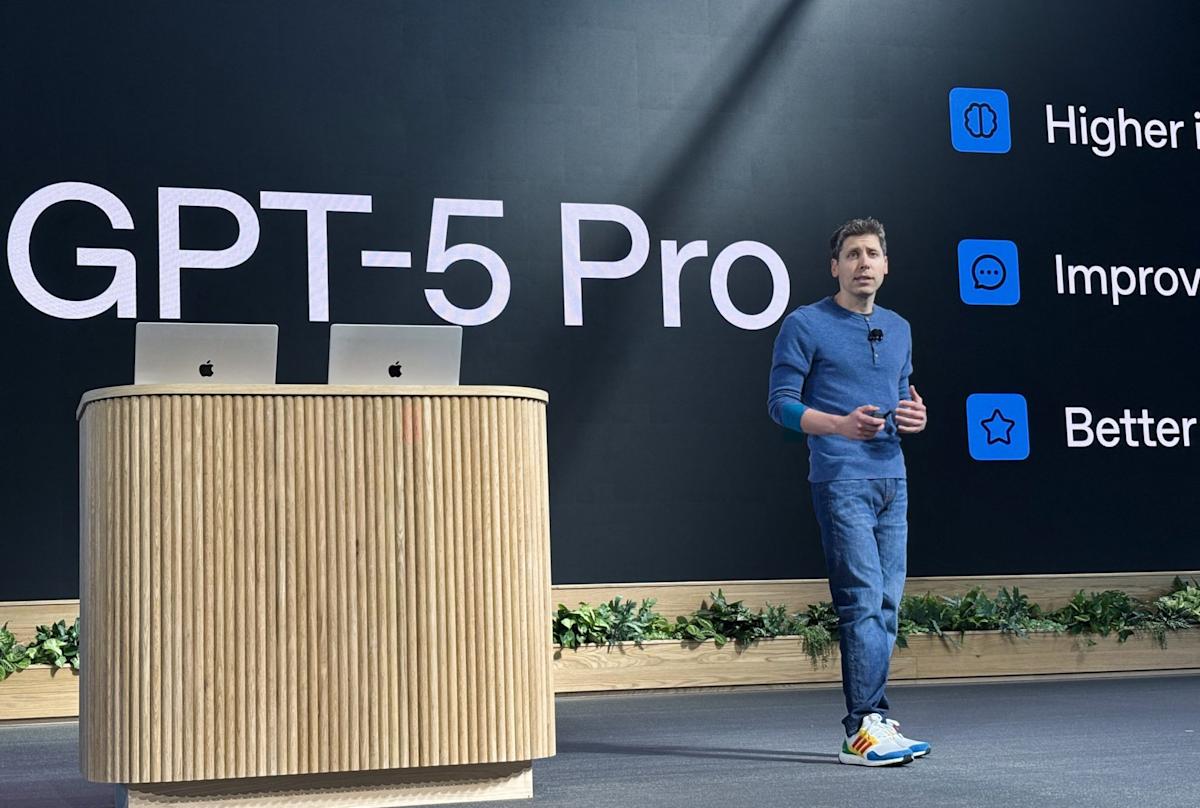



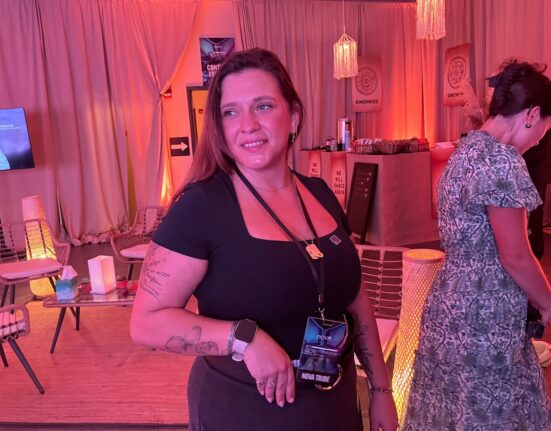
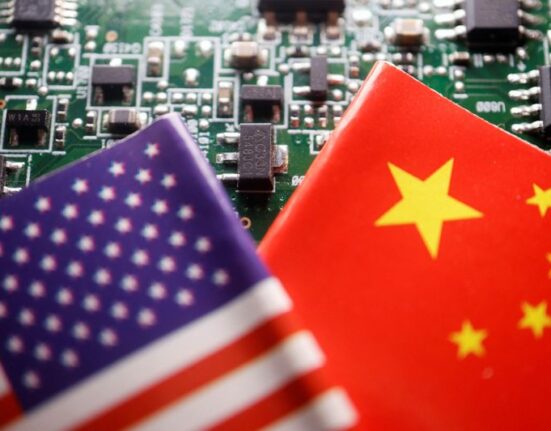

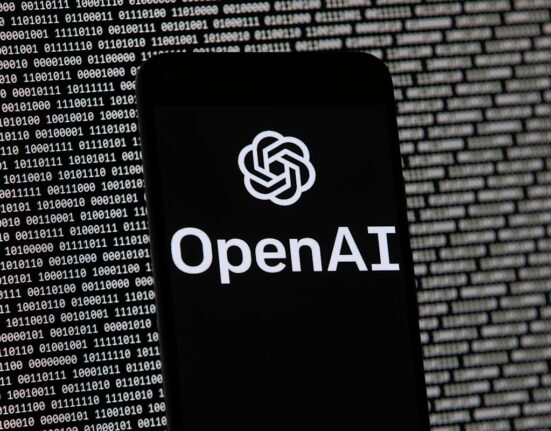

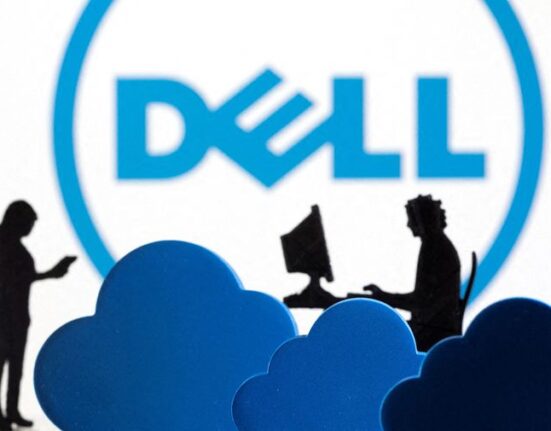

Leave feedback about this